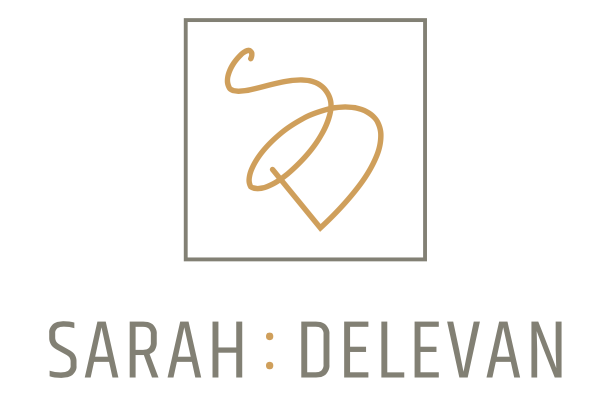Take Control of Your Cash Flow
I've got big news for you:
You CAN be in control of your cash flow.
Do you feel like you're controlled by your cash flow instead of the other way around?
I'm here to tell you that it doesn't have to be this way. In fact, it's a common misperception that food founders can't achieve control of their cash flow prior to profitability. This is a myth!
You don't need to be profitable before taking control of your cash flow. What you do need is:
1. A profitable product
2. The ability to achieve gross profits at least 8 months out of the year
3. A diligent eye on customer invoices and follow-up for timely payments
If you've already got those three essentials squared away, here are some additional tricks and tools you need to effectively manage your cash flow.
Ignore Your Bank Account
Yep, you read that right. The most successful way to be in control of your cash flow is to create a budget (we love YNAB!) and to spend according to it, not your bank balance! Bank balances can be misleading — they can feel huge and comfy right after customer payments come in, and uncomfortably low after your big first-of-the-month expenses hit. These financial swings can cause a range of emotions (and spending).
Budgeting your cash allows you to assign a job to every dollar, which allows you to know exactly how far into the future your cash will (or will not) carry you. You'll know how long your operating costs and payroll are covered, and you'll also know how to prioritize following up on past-due invoices.
By looking at your budget instead of your bank account, you'll reach a new level of freedom. You'll find the confidence to withstand the days of low bank account balances and the fortitude to hold off on big spending when your bank account feels a bit too comfortable. Being a business owner comes with plenty of ups and downs as it is, but by ignoring your bank account and trusting your budget, you can maintain control of your cortisol levels and your cash flow.
Know Your OGSMs
OGSM stands for Objectives, Goals, Strategies and Measures. More simply put? Have a plan and stick to it. Start by identifying your business goals and objectives for the year. Then, determine the ways you'll work toward those goals. Identify what a metric of success might look like, and as you work toward these objectives, keep going back to those success metrics.
Are you on track? Are your strategies working? Do you need to adjust or optimize? Go back to your plan.
When you know what your plan is, you're far more likely to spend in a way that drives results, rather than making financial decisions that split your focus and ultimately add up to big expenses with little progress to show for them.
Always Be Bootstrapping.
Like Jack Stack, author of "The Great Game of Business", I am a believer in operating a company with a bootstrapper mentality. What does that look like? For me, it means being hopeful and excited about the future, but never taking it for granted. And not believing the myth that if you just keep working harder everything will turn out right — I did that once, and I'm here to tell you there's a better way.
"Bootstrapping" is not rooted in a scarcity mindset. It's not about nickel-and-diming your way to profitability or always doing everything yourself, never risking the expense of hiring experts. Rather, it’s about being intentional with our money and fully informed about the financial health of our business so that we can easily determine the best next steps.
Want some examples of how to maintain a bootstrapper mentality? Stay close to your key performance indicators. Perform weekly and monthly financial reviews, careful to note if your COGS are fluctuating. Be aware of when your sales or margins are dipping or if you're hitting your Accounts Receivable targets and turning sales into actual cash.
🙋♀️ I’m a proud bootstrapper with a profitable business, a growing team, and big dreams of helping you build a profitable business while changing our food industry!
I’m also here to support you — so join us in the Profitable Food Business Community to ask questions and get more great tools to guide you toward profitability.
About the Author: Sarah Delevan is a Food Business Financial Coach and Consultant with over 7 years of working in the food industry. She received her MBA from Rollins College and In 2017 she founded Sarah Delevan Consulting based in Los Angeles, CA and serving clients across the United States. She is the creator of the Financial Success Formula and the founder of the Profitable Food Business program as well as the host of The Good Food CFO Podcast. To learn more about Sarah and opportunities to grow a more profitable food business Click Here.

